Our Legal Blog
Your Resource For Legal Information
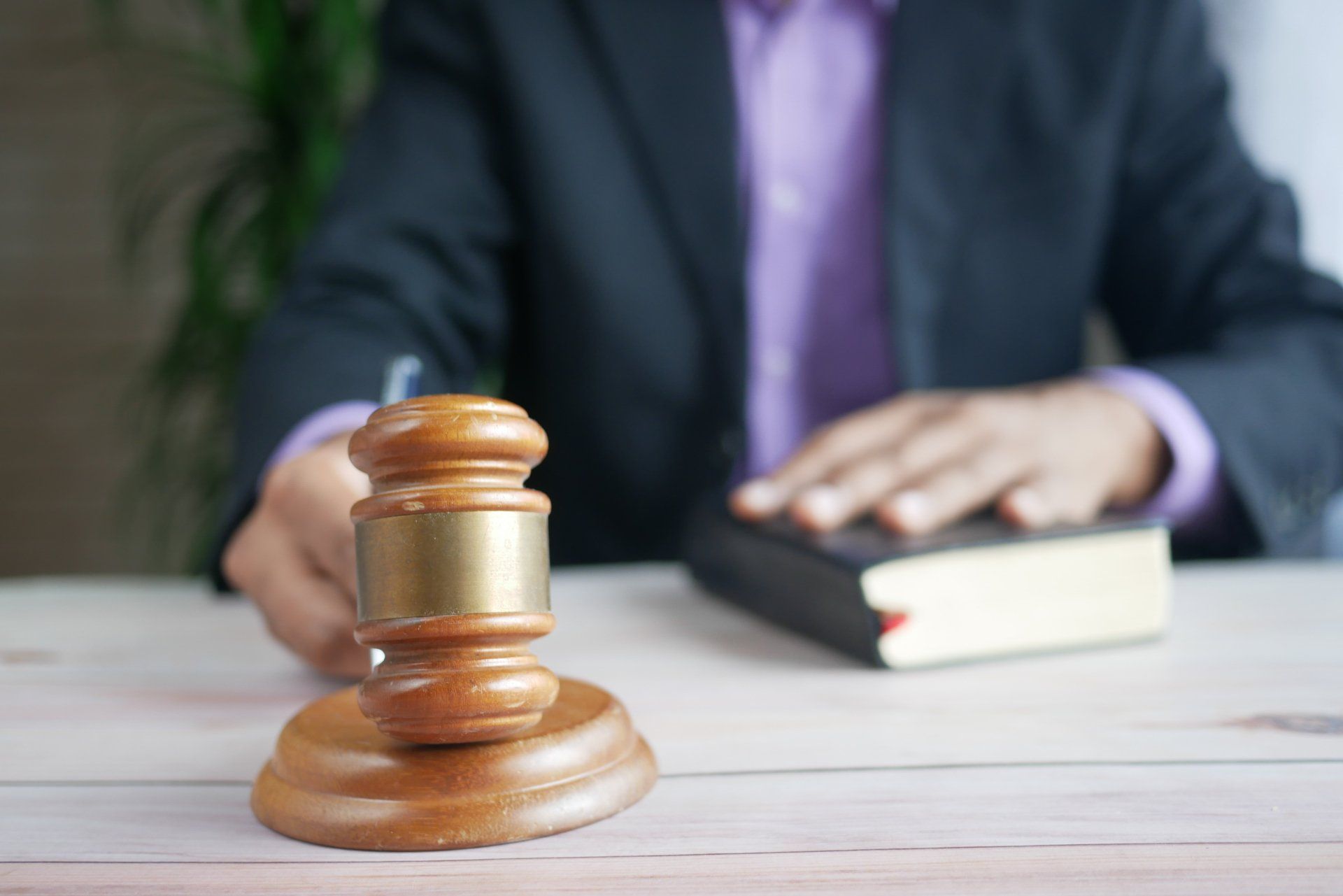

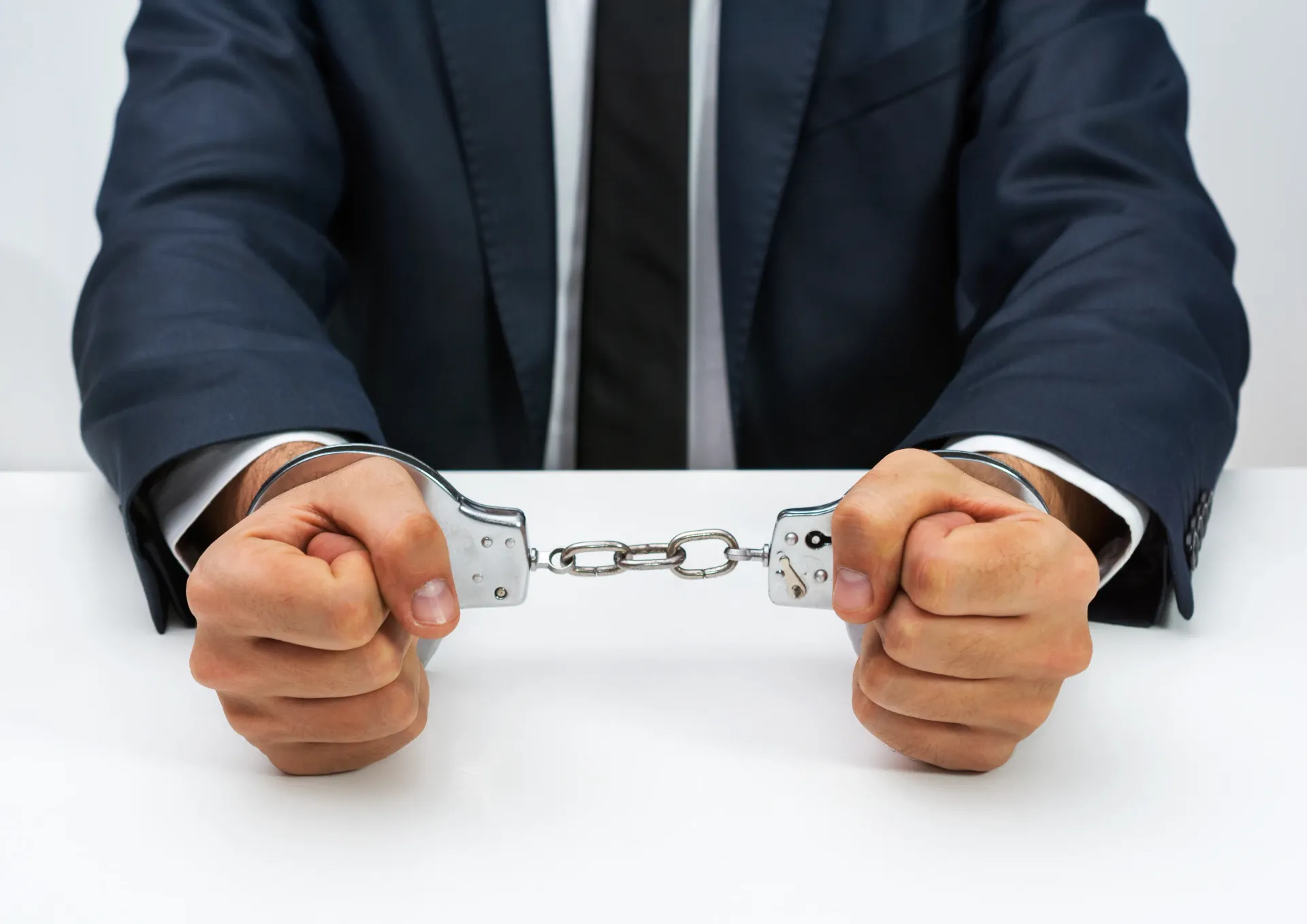

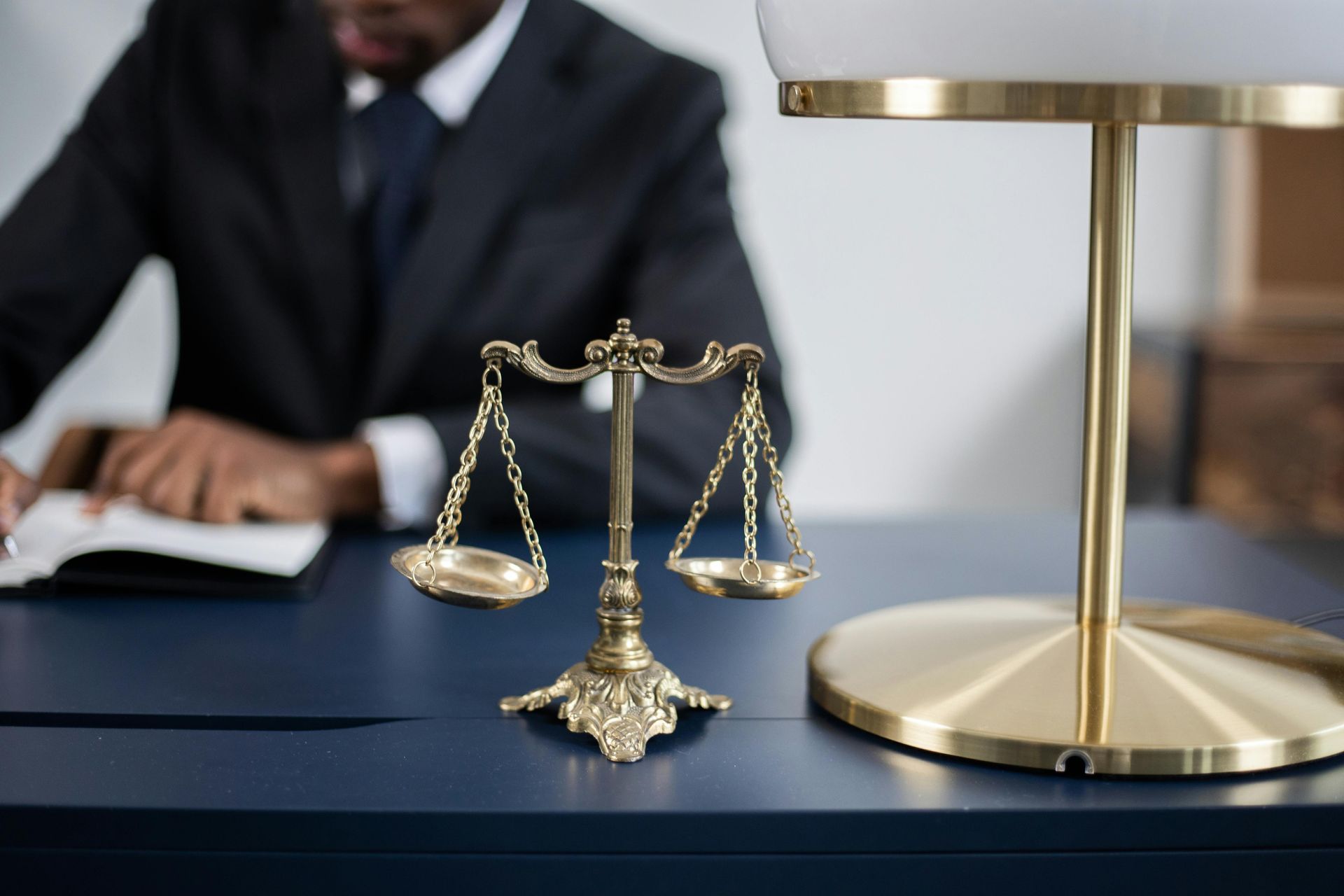

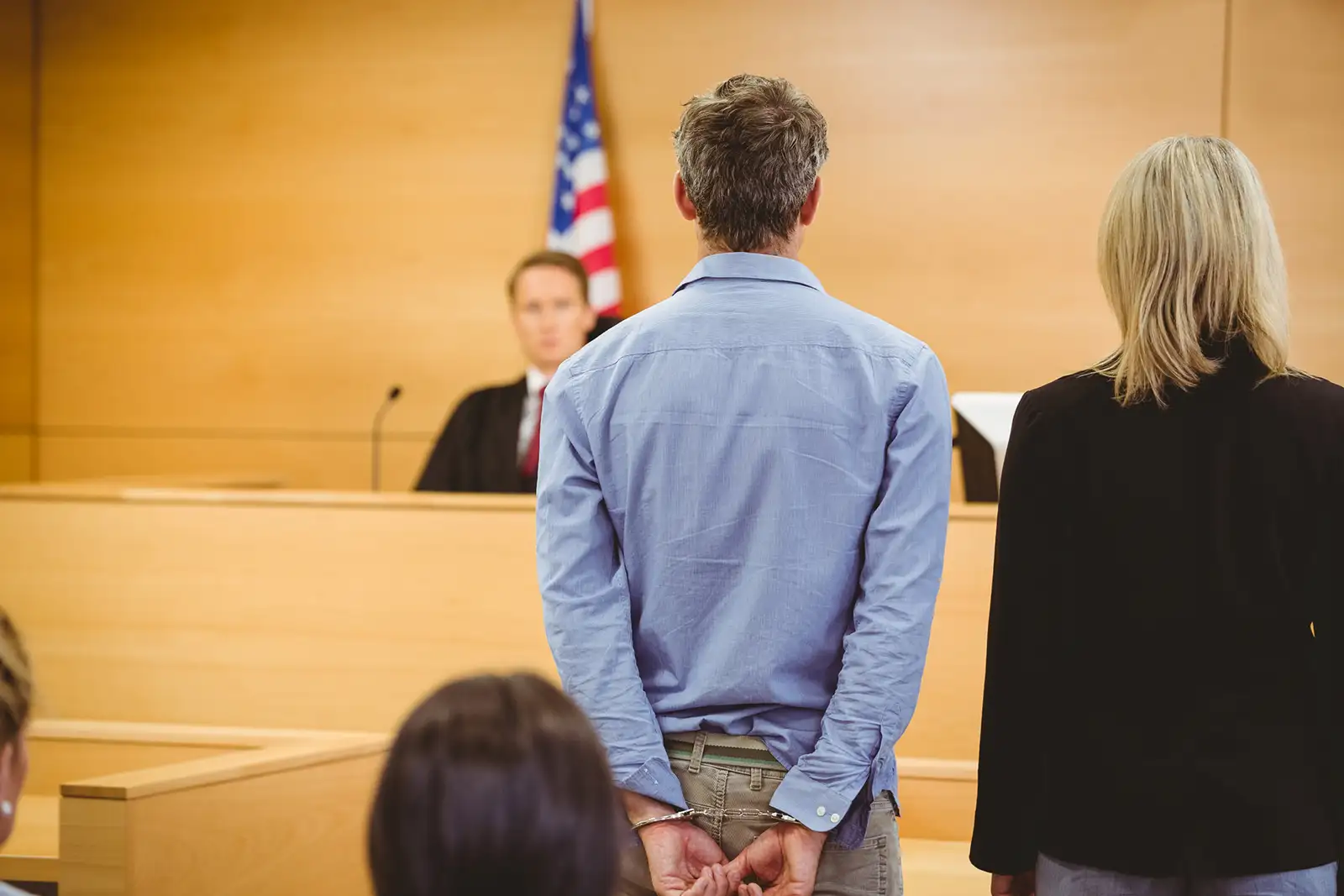


Contact Us
California: 213-668-7569
New York: 646-718-3730
Location
2220 3rd St
La Verne, California 91750
Hours






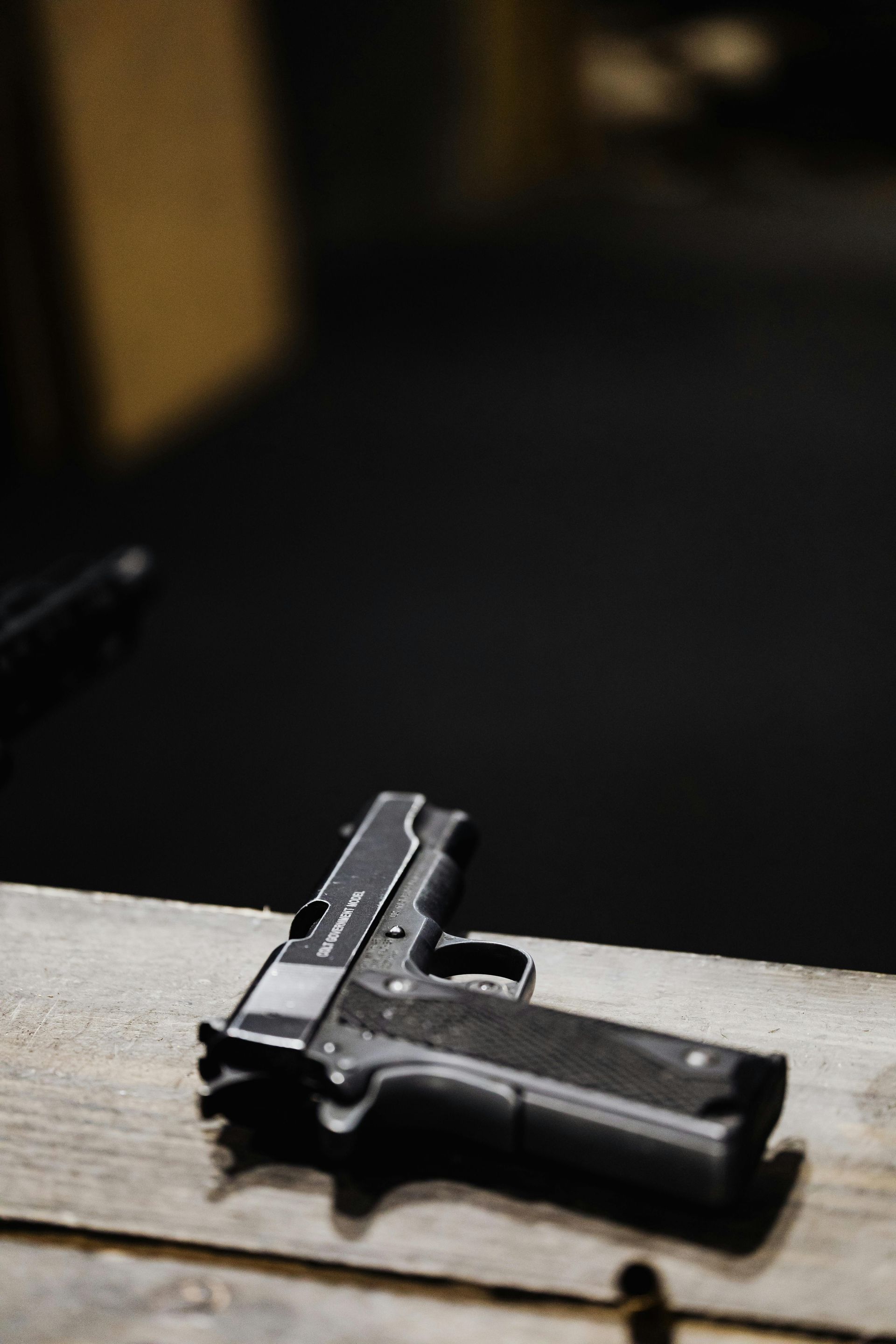



Contact us now!
By submitting this form, you agree to be contacted by our law firm, either by phone, text or by email.
Disclaimer: The information on this website is for general information purposes only. Nothing on this site should be taken as legal advice for any individual case or situation. This information is not intended to create, and receipt or viewing does not constitute an attorney-client relationship.
All Rights Reserved | Lucero, PC | Powered By Convert It Marketing | Privacy Policy
All Rights Reserved | Lucero, PC | Powered By Convert It Marketing | Privacy Policy